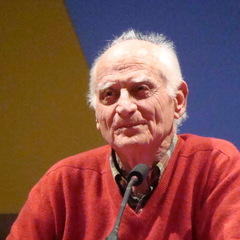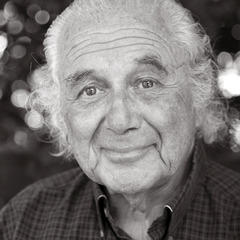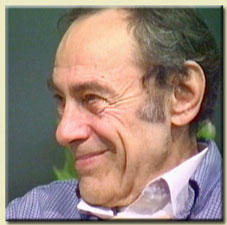John Locke Quotes - Page 5
A sound mind in a sound body is a short but full description of a happy state in this world.
1693 Some Thoughts Concerning Education, opening words. See Juvenal 453:20.
John Locke (1836). “An Essay Concerning Human Understanding”, p.86
Truth, like gold, is not less so for being newly brought out of the mine.
John Locke, James Augustus St. John (1872). “Philosophical Works: Preliminary discourse by the editor. On the conduct of the understanding. An essay concerning human understanding”, p.114
John Locke (1824). “Of human understanding. A defence of Mr. Locke's opinion concerning personal identity. Of the conduct of the understanding. Some thoughts concerning reading and study for a gentleman. Elements of natural philosophy. A new method of common-place-book”, p.261
Second Treatise of Civil Government ch. 9, sec. 124 (1690)
'An Essay concerning Human Understanding' (1690) bk. 4, ch. 19, sect. 4
John Locke (1825). “An Essay Concerning Human Understanding: An analysis of Mr. Locke's Doctrine of ideas .... A defense of Mr. Locke's Opinion concerning personal identity .... A treatise on the conduct of the understanding. Some thoughts concerning reading and study for a gentleman. Elements of natural philosophy. A new method of a common place book. Extracted from the author's works. With a life of the author”
There cannot be greater rudeness than to interrupt another in the current of his discourse.
John Locke (1824). “The Works of John Locke: Some thoughts concerning education. An examination of P. Malebranche's opinion of seeing all things in God. A discourse of miracles. Memoirs relating to the life of Anthony, first earl of Shaftesbury. Some familiar letters between Mr. Locke and several of his friends”, p.139
An Essay Concerning Human Understanding bk. 4, ch. 20, sec. 17 (1690)
"Some Thoughts Concerning Education". Book by John Locke, 1693.
John Locke, Ruth Weissbourd Grant, Nathan Tarcov (1996). “Some Thoughts Concerning Education: And, Of the Conduct of the Understanding”, Hackett Publishing
If punishment reaches not the mind and makes not the will supple, it hardens the offender.
John Locke, George Berkeley (2010). “Locke, Berkely and Hume”, p.65, Cosimo, Inc.
John Locke (1836). “An Essay Concerning Human Understanding”, p.505
There cannot any one moral rule be proposed whereof a man may not justly demand a reason.
John Locke (1836). “An Essay Concerning Human Understanding”, p.23
John Locke (1752). “Some Thoughts concerning Education ... The eleventh edition”, p.174
John Locke, John W. Yolton (1977). “The Locke Reader: Selections from the Works of John Locke with a General Introduction and Commentary”, p.279, CUP Archive







